SUMMARY
This is AI generated summarization, which may have errors. For context, always refer to the full article.
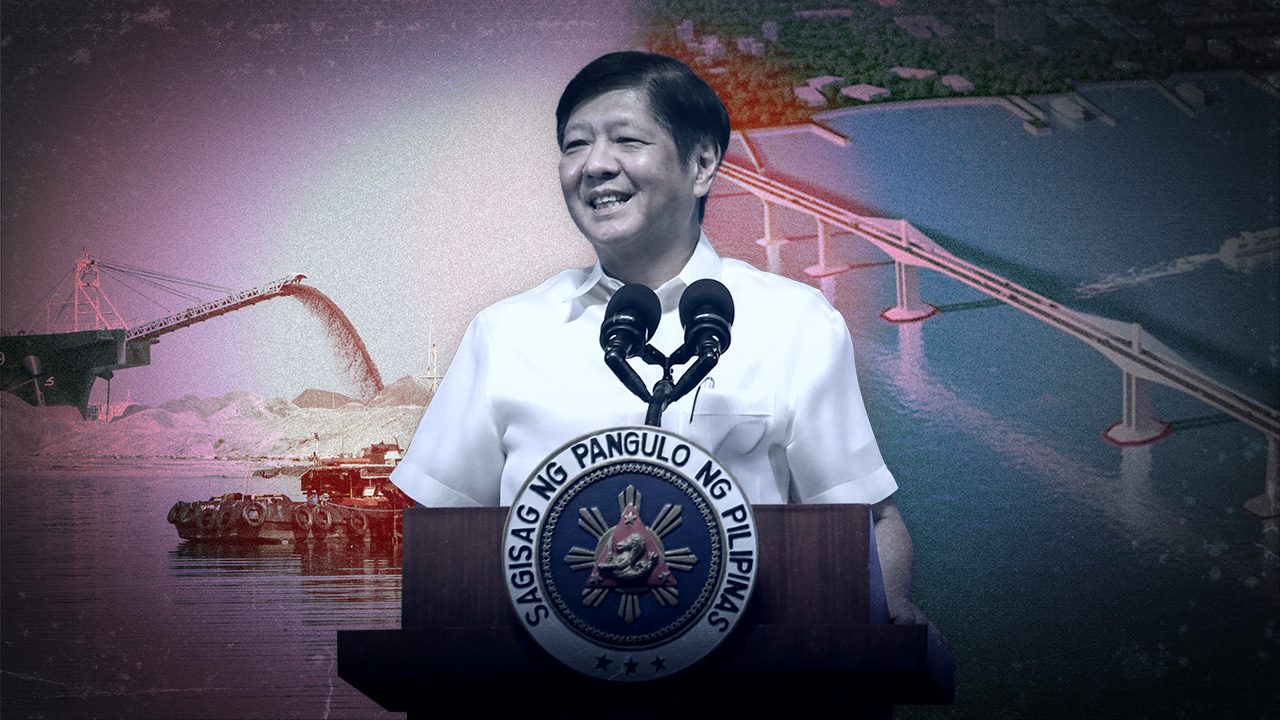
What will the President do about a huge Chinese company and its subsidiaries that are doing business in the Philippines but have undermined our country’s national security and committed fraud in a national project?
China Communications Construction Company (CCCC), the firm that has been in the spotlight recently for its involvement in the reclamation of parts of Manila Bay, is many times linked to infrastructure projects here.
CCCC is a massive state-owned enterprise that engages in infrastructure and dredging businesses, among others. It is headquartered in Beijing and, according to Nikkei, the company “takes advantage of its close ties with the Chinese government…to make a foray into overseas markets. It built a container berth at a Sudanese port, the Gwadar deep-water port in Pakistan, and a belt highway in Addis Ababa, Ethiopia.”
CCCC has at least 30 subsidiaries and, in the Philippines, three of these are actively doing business:
- First Highway Engineering Company is a joint venture partner of the Waterfront Manila Premier Development Incorporated, led by William Gatchalian, which was given the green light to reclaim 318 hectares of foreshore and offshore areas in Manila Bay until the environment department suspended all reclamation projects in the area. It is unclear if they had started the project.
- China Harbour Engineering Corporation has been contracted by SM Prime Holdings to build three artificial islands in Manila Bay. In another project, CHEC is one of the companies that make up Pasay Harbor City Corporation, the joint venture partner of Pasay City, which has started to reclaim 265 hectares. A Davao-based construction firm, Uticon Builders, Dennis Uy’s Udenna Development Corporation, and CHEC formed PHCC but Udenna eventually assigned its shares to Ulticon Builders.
- China Road and Bridge Corporation is building the Samal Island-Davao City connector bridge, funded by a loan from China. The company also constructed the two Pasig River bridges, completed during Duterte’s presidency. These were funded by a grant from China.
All these projects were approved during the Duterte administration.
(In the meantime, Marcos last week suspended Manila Bay reclamation projects except one, which he did not identify. However, the Department of Environment and Natural Resources later clarified that the suspension covered all 22 projects while it was conducting a review.)
Why is CCCC controversial?
Questions have been swirling around CCCC because of its stained history. It was found to have engaged in fraudulent practices in a Philippine road project funded by the World Bank. This led to the debarment of CCCC and its subsidiaries from any road and bridge projects financed by the World Bank from 2009 to 2017.
Years later, in 2020, the US Commerce Department blacklisted CCCC and several of its subsidiaries because they fortified China’s illegal claim over the South China Sea by building artificial islands – and played a role in transforming these into military bases.
This was followed in 2021 by the US Treasury Department’s inclusion of CCCC on its sanctions list.
This geopolitical move in the US had reverberations in the Philippines. Teodoro Locsin Jr., then-foreign affairs secretary, urged the government to scrap local business deals with CCCC and its subsidiaries. He said in 2020 that he would coordinate with other national agencies to check on ongoing projects and contracts, and if there were Chinese firms “in any way involved in the reclamation then it becomes consistent on our part to terminate any contract with them.”
Duterte, however, rejected Locsin’s recommendation. “…what the President said was clear. We are a free and independent nation and we need those investments from China,” Harry Roque, Duterte’s spokesperson, said.
Duterte placed a premium on Chinese money. Will Marcos continue this tack – or reverse it?
Marcos’ dilemma
When President Marcos met with officials of CCCC in January, he expressed “hopes that the CCCC could assist the Philippines in carrying out projects that ensure environmental sustainability in the midst of the threats posed by climate change.” Did he know then about CCCC’s potential reclamation project and the harm it could do to the environment?
A statement from Malacañang said that CCCC offered to invest through the private-public partnership program, as Marcos highlighted the government’s efforts in enticing investors into the Philippines.
There appears to be no mechanism whereby the government can vet the impact of potential foreign investors and companies on the Philippines’ national security. Approval of foreign investments is lodged with the National Economic and Development Authority (NEDA).
I asked former NEDA chief Ernesto Pernia if he would recommend including a national security official in the NEDA Board, the body that approves major infrastructure projects. “That makes a lot of sense,” he said in an email.
For their part, private companies, when entering into joint ventures with foreign partners, should expand their due diligence to include national security issues – so that public interest is not undermined.
Let me know what you think. Send me an email at marites.vitug@rappler.com. – Rappler.com
Add a comment
How does this make you feel?
![[In This Economy] Is the Philippines quietly getting richer?](https://www.rappler.com/tachyon/2024/04/20240426-Philippines-quietly-getting-richer.jpg?resize=257%2C257&crop=194px%2C0px%2C720px%2C720px)
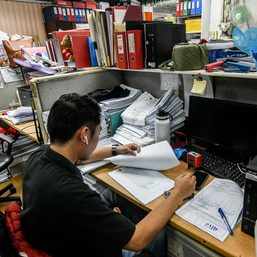
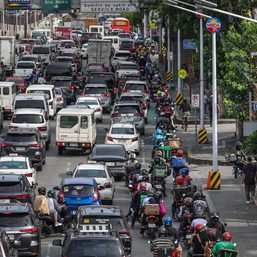
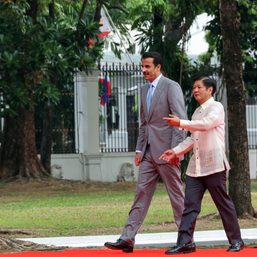
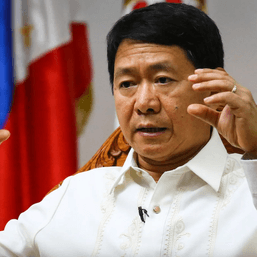
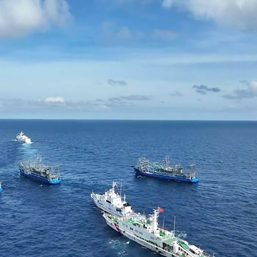
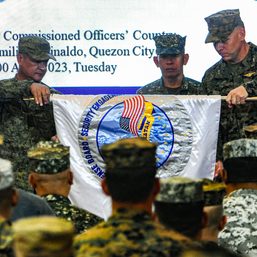
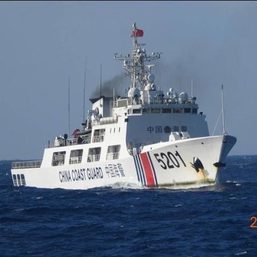
![[Newspoint] The lucky one](https://www.rappler.com/tachyon/2024/04/lucky-one-april-18-2024.jpg?resize=257%2C257&crop=536px%2C0px%2C1080px%2C1080px)
There are no comments yet. Add your comment to start the conversation.